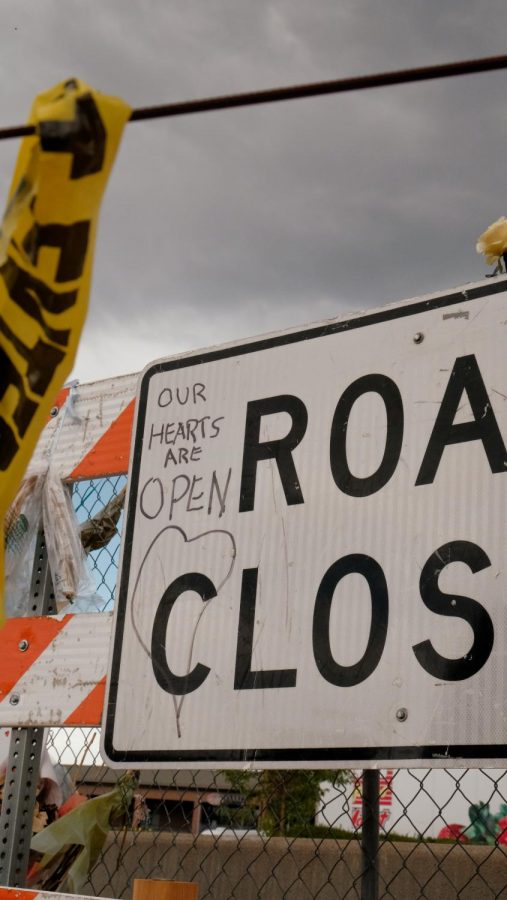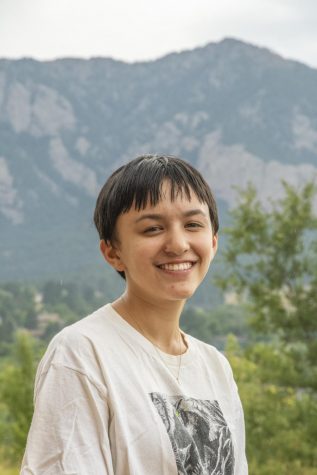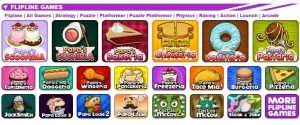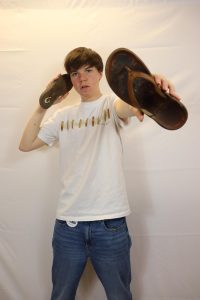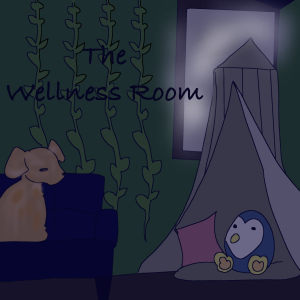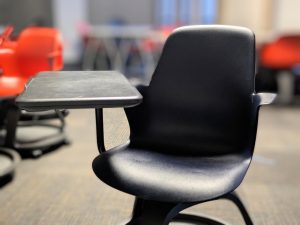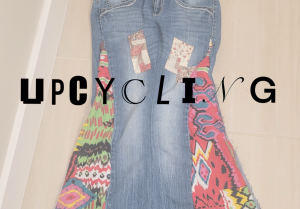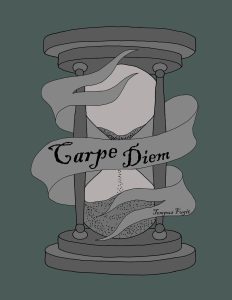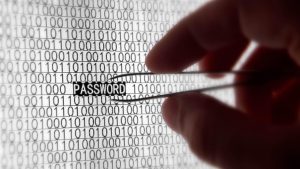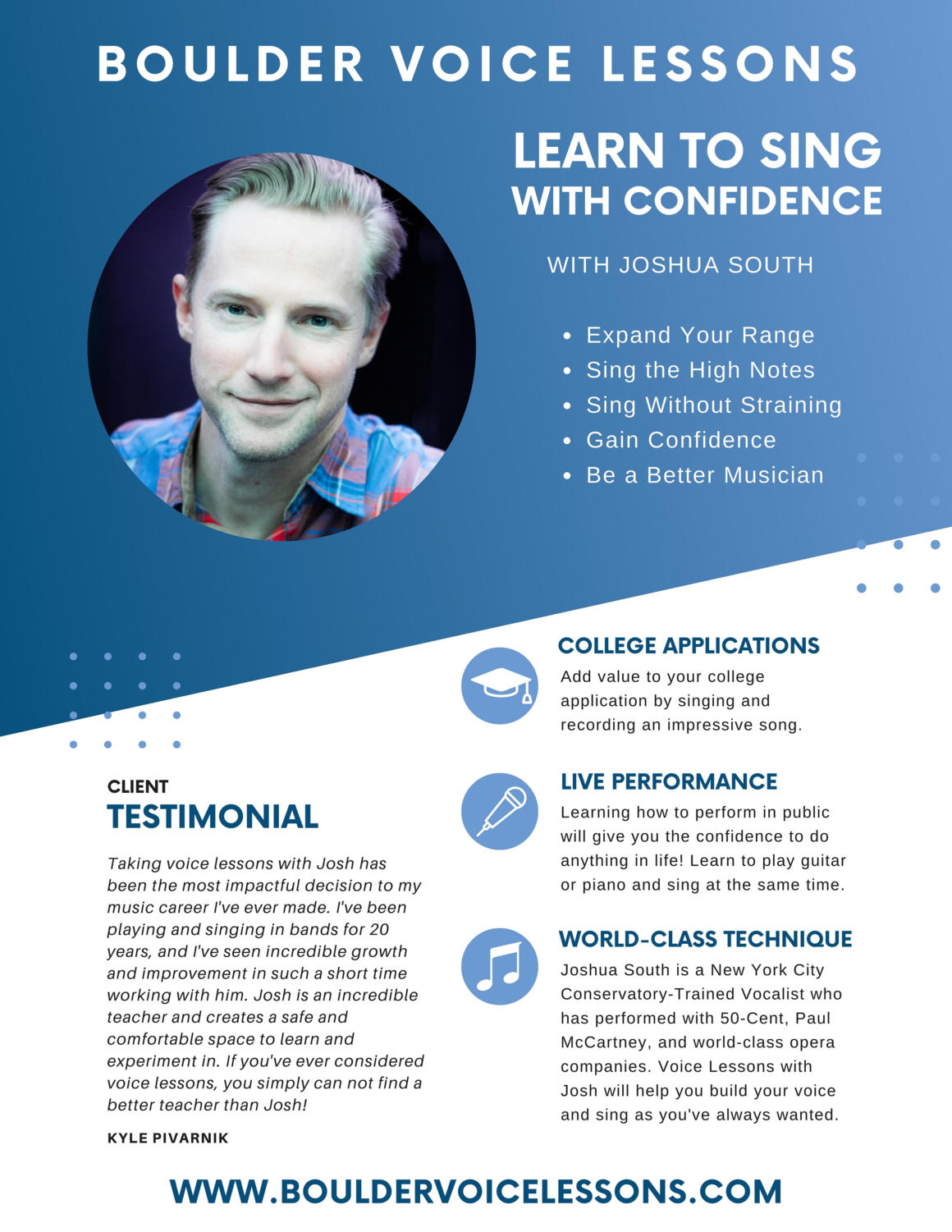Perspective: Healing from Here
May 25, 2021
Content warning: this article discusses the shooting at King Soopers. Please read with caution.
For weeks after the shooting, I had a hard time falling asleep. When I did, my dreams would be occupied by the store, my interactions there, and an overwhelming sense of fear for myself and my loved ones. I consumed every picture, story, and interview related to the shooting for a week before deciding that I would be better off not doing that. And I tried (often unsuccessfully) to contact everyone I could in my department at King Soopers, Pickup, to ask them if they were okay, push blueberry muffins onto them, and try to hold together a group of people who were important to me.
As an employee, I grapple with a few things: One, the feeling of losing a second home; King Soopers was a separate headspace, a group of people who I have become close with, and the mundane day-to-day work inconveniences which, it turns out, I didn’t actually mind all that much. Unlike my other social circles, the community I built at work is something that mostly stayed at work. I looked forward to my shifts so I could see the same faces with the same black aprons and name tags with phrases like “Army Dad” or “I Love Utah.” When the shooting happened, it disconnected us all from that space. The shooter not only killed our close friends, co-workers, parents, children, or former students, but he also shattered the sense of a community where I was safe and could come to people who I knew cared about me. That is a feeling I can only hope will come back together.
Second, I feel immense gratitude towards the people at King Soopers who are taking care of employees by offering pay, information, home supplies, meetings with HR, and community gatherings (among others). Yet I know that they are trying to make up for something that can’t be fixed. While I want to probe: “Why hasn’t Kroger taken a strong political stance against guns?” or “Who is deciding which people are worthy of your aid and who isn’t?” that all feels like I’m biting the hand that feeds me. At the end of the day, Kroger is just a company. It’s the people, not the place, that the whole community grieves for.
Last, I am incredibly angry as a citizen and scared for the communities that will be hardest hit by the “new normal” that Boulder (inevitably, it seems) will adopt. I’m angry at the shooter, but I’m also angry at the increase in police in our communities. Even as we saw in the minutes after police arrived at the store, police can only be a reaction to violence in a community. The further funding of surveillance and arms does nothing to address the root issue in the United States—that access to assault weapons is far too high, and access to affordable mental health services is far too low. And now, I fear for those who will be most victimized by an increase in policing—Black and brown people, poor people, unhoused people, and all those who already are made to feel out of place in our mostly white, rich city. Increased policing has not stopped the continual violence of mass shootings, but instead perpetuates violence against these populations who are already marginalized in our community.
Like others, I know that healing from this wound will take time. But as we heal, I hope that we can make it a collective effort, and not one that shuts people out.


